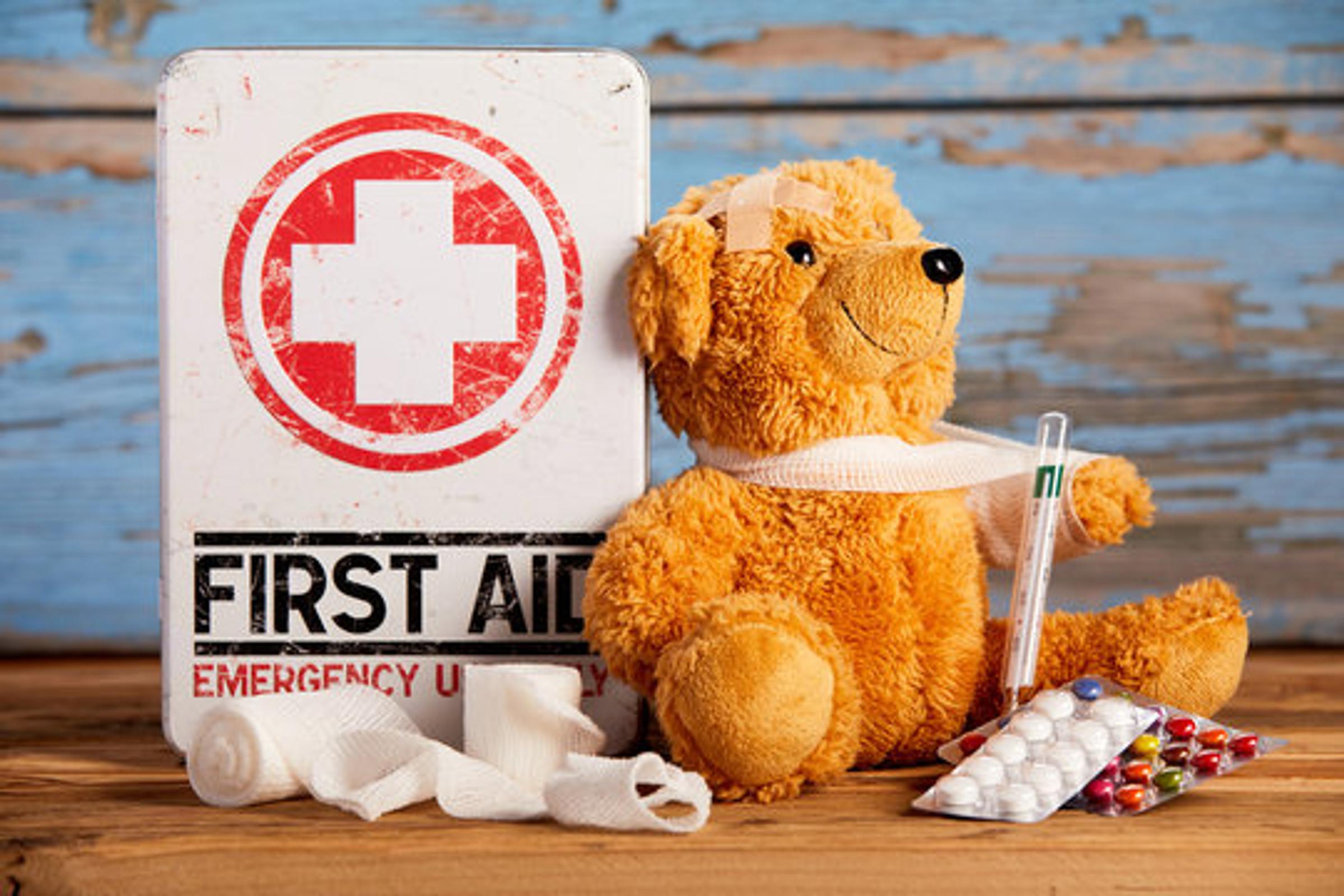First Aid News

Some families and students are struggling with illnesses after COIVD.
We have included the following page from the Melbourne Children's Hospital webpage.
Like all concerns, please seek medical advice from your GP or specialist.
Complications following COVID-19
Rare complications can occur following COVID-19 infection in children and adolescents:
- Paediatric Multisystem Inflammatory Syndrome (PIMS-TS): This appears as a new illness, two to six weeks after having COVID-19. Symptoms include feeling unwell, rash, abdominal pain or fever. Other symptoms include red eyes (conjunctivitis), lips, hands, feet or swollen neck glands.
- Deep Vein Thrombosis (DVT): Swelling, pain or discoloration of the calf muscle or leg.
If your child has these signs, you should see a doctor immediately.
Isolation
If your child tests positive for COVID-19, they need to isolate at home with all household members until you receive advice from the Victorian Department of Health. You can still take your child to hospital or call an ambulance while they have COVID-19. Please visit the Department of Health website for a helpful list of what to expect for isolation periods.
Tips for isolating
- Maintain a daily routine as much as possible, especially with sleep and mealtimes.
- Ensure your child has some daily physical activity.
- Encourage your child to talk about COVID-19 and how they are feeling.
- Provide your child with reassurance and make time for fun activities.
- Keep in touch with family and friends.
- Food, supplies and medicines may be available through home delivery.
More tips can be found here.
Key points to remember
- COVID-19 causes mostly mild cold and flu like symptoms in children.
- If your child has symptoms, get tested and wait at home until you receive the test result and then follow the advice given.
- Contact your doctor or seek medical care at a hospital if your child experiences worsening of symptoms and if you are increasingly concerned.
- Good hygiene, physical distancing and face masks can help to protect your family from COVID-19.
- Talk with your children about COVID-19 to help them understand what’s going on.
- Keep your child out of child care when they have any viral symptoms to avoid passing on the same symptoms to other children, even if it is not COVID-19.
- Get your information about COVID-19 from reliable sources like government websites and RCH Kids Health Info fact sheets and podcasts.
- For parents, it's important to remember that looking after your own health is important in order to care for your child. Don’t hesitate to seek medical care for yourself if needed. Support and care is available for children whose parents are too unwell to care for them. Please contact the Coronavirus Health Information Line on 1800 020 080 or call 000 if needed.
For more information
- Kids Health Info fact sheet: Viral Illnesses
- Kids Health Info fact sheet: Fever in Children
- Kids Health Info fact sheet: Hand washing
- Kids Health Info fact sheet: Allergies and Coronavirus (COVID-19)
- Kids Health Info fact sheet: Supporting your child to cope with the COVID-19 pandemic
- Kids Health Info Podcast: Facebook Live webinar on COVID-19 and children's physical health
- The Royal Children’s Hospital: Coronavirus
- The Royal Children’s Hospital: Staying well
- Department of Health and Human Services: Coronavirus disease
- Health Direct: Coronavirus
- Raising Children Network: Coronavirus and children
- Ambulance Victoria: Children and COVID-19
- Be Positive: A child's guide to hospital: Personal Protective Equipment
- Be Positive: A child's guide to hospital: What is COVID-19?
- Be Positive: Why is everyone wearing a mask?
Developed by The Royal Children's Hospital General Medicine and Hospital In The Home departments. We acknowledge the input of RCH consumers and carers.
Reviewed March 2022.
Kids Health Info is supported by The Royal Children’s Hospital Foundation.
To donate, visit www.rchfoundation.org.au.
